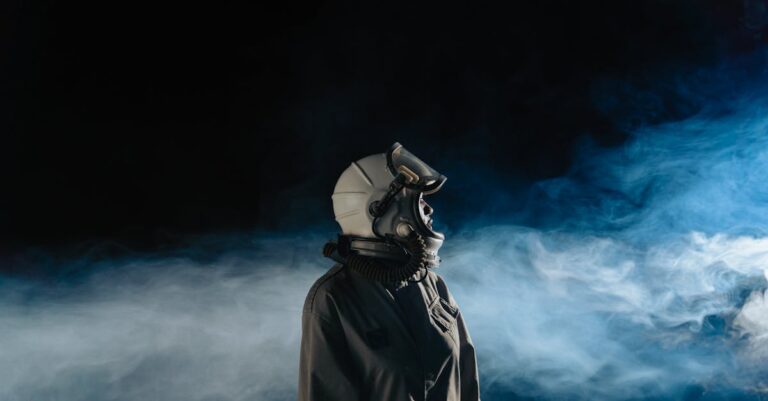
In the shadow of the Boston harbor, where salt-laced winds whispered secrets of rebellion, Elara Whitlock tended to the sick in her father’s apothecary. The year was 1774, and the air crackled with more than just the chill of early spring. Her brother, Thomas, had vanished three nights prior, leaving only a trail of bloodstains on the cobbled street outside their shop. Elara’s hands trembled as she crushed lavender buds into a poultice, the scent mingling with the acrid tang of burnt gunpowder from the town square. She had not seen Thomas since he’d stormed out after the Redcoats seized their neighbor, old Mr. Hale, for refusing to pay the new tax. Now, his absence was a wound she could not stitch.
The door to the apothecary creaked open, and Elara spun, her knife clutched tightly. A man stepped inside, his coat muddy from the rain. “You’re Elara Whitlock?” he asked, his voice low. She nodded, eyes flicking to the blood on his sleeve. “I need your help,” he said. “Thomas is alive. But he’s in danger.” The man’s name was Jonas, a printer who’d been seen arguing with Thomas the night of his disappearance. He spoke of a hidden network of rebels, of messages passed in the dead of night, and of a British officer who’d taken Thomas as a prisoner. Elara’s mind raced. She had no love for the Crown, but her brother’s life was not a game of politics.
That night, Elara slipped into the alley behind the apothecary, her cloak pulled tight against the cold. Jonas waited by the fence, his face half-hidden in shadow. “They’re holding him at the fort,” he said. “But you can’t just walk in. The officer—Captain Harrow—has a habit of… questioning dissenters.” Elara’s stomach twisted. She had seen what happened to those who defied the Redcoats. Still, she followed Jonas through the maze of backstreets, her heart pounding with every step. They reached the fort at dawn, its stone walls grim against the pale sky. Jonas pressed a vial into her hand. “This will get you past the guard. But be quick.”
Inside, the air reeked of damp wood and iron. Elara moved like a shadow, her boots silent on the floorboards. She found Thomas in a cell, his face bruised but his eyes sharp. “You shouldn’t have come,” he rasped. “They’ll kill you too.” But Elara had already made her choice. She produced the vial and poured its contents into the guard’s cup, then slipped back into the shadows as the man slumped to the ground. Thomas was free, but their escape was far from over.
The days that followed were a blur of movement and fear. Elara and Thomas hid in the woods, surviving on stolen food and the kindness of strangers. Jonas provided them with letters to pass along to the rebels, each one a thread in a larger tapestry of resistance. But danger lurked everywhere. One evening, as they camped near a creek, a gunshot rang out. Elara turned to see Thomas crumpling to the ground, a wound in his side. “Go,” he gasped. “Don’t let them take you.” Tears stung her eyes, but she ran, the sound of pursuit echoing behind her.
In the weeks that followed, Elara became a ghost in the revolution. She delivered messages under cover of darkness, her hands stained with ink and blood. She learned to trust no one, not even Jonas, who had once been her brother’s friend. The war turned the world upside down, and Elara was forced to make choices she never thought possible. Yet, through it all, she carried a single thread—the memory of Thomas, a promise that his sacrifice would not be in vain.
By the time the war ended, Elara had changed. The girl who once clung to her father’s apron was now a woman shaped by fire and loss. She returned to Boston to find the apothecary in ruins, but the scars of the conflict remained. As she walked through the city, she saw faces both familiar and unknown, all bound by the same unspoken truth: that freedom was not given, but taken. And in that truth, Elara found her purpose.


